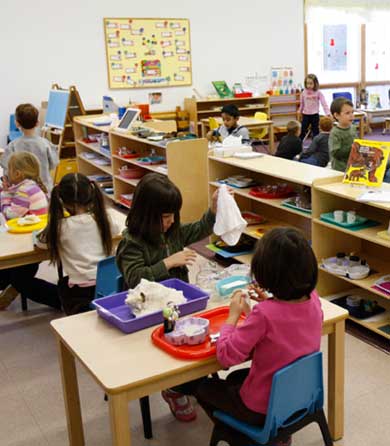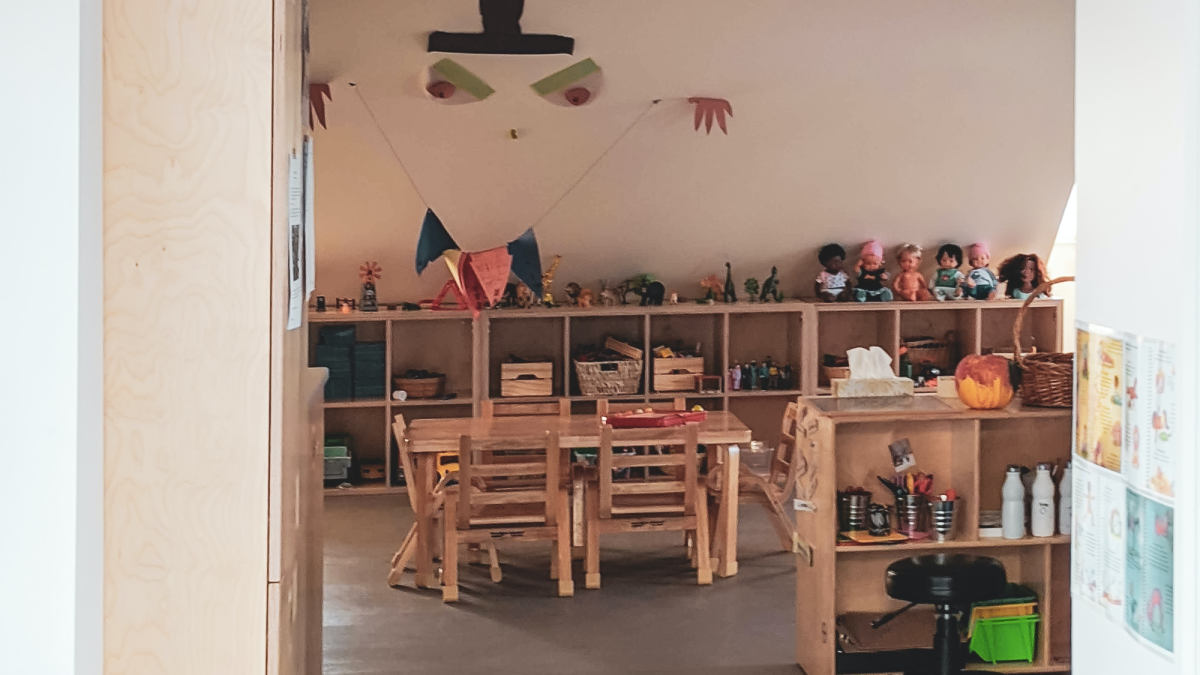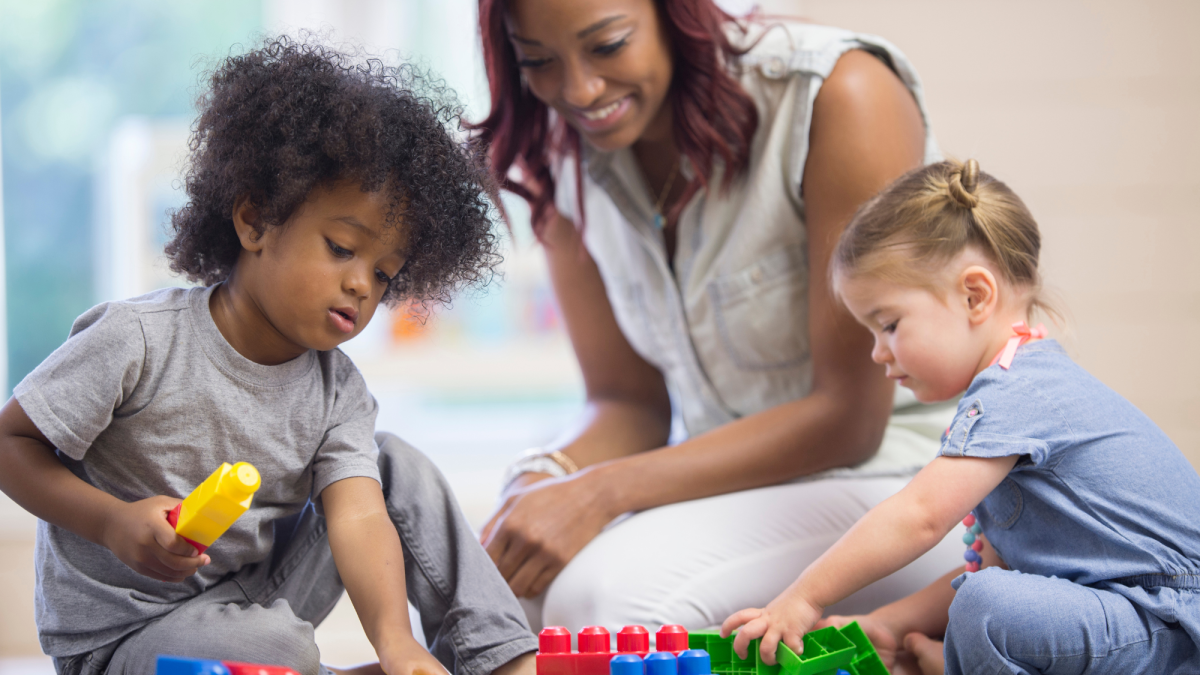Child Care in North Carolina
Child care is one of the most important components of modern life. Since most moms and dads work outside the home, they must have a reliable person or facility to take care of their children during the work day. Some child caregivers function as little more than babysitters, while others offer educational opportunities throughout the day. Parents have several options for child care in North Carolina, and all of them that provide full time child care must meet state requirements.
Choosing reliable, quality childcare can get very confusing. Since North Carolina has one of the highest numbers of working mothers with pre-school age children in the U.S., the state has many different types of childcare. These include almost 5,000 regulated child care centers and almost 4,000 regulated family child care homes, along with many non-licensed homes and facilities that provide part-time child care. In addition, there are numerous private child care facilities, including Montessori schools.
Child care services might be offered for a full day or a half day. Also, parents of school-age children might need child care for just an hour or two after school. There are also several child care camps available to parents during the summer months and school holidays.
How much does child care cost in North Carolina?
How much does child care in NC cost? Like most states, North Carolina offers a wide range of prices for child care. In some areas of the state, some small in-home daycare providers can be found for as low as $75 per week for one child. At the other end of the spectrum are child care centers that charge as much as $1200 per month per child.
Does the price reflect the quality of the child care received?
Often, but no always, there is a correlation between the amount charged for child care and the quality of the care received. For example, a facility that uses licensed teachers will usually offer more educational and developmental instruction. This type of child care, however, will be more expensive.
Some high-end facilities offer programs like music, art, and foreign language study, in addition to basic language, math, and other instruction. A few even provide lessons in equitation, dance, or in a sport. This is especially true of child care camps.
The trend in child care: Montessori schools
Montessori schools are based on the educational philosophy set forth by Dr. Maria Montessori. This method uses the natural peaks in a child’s learning capacity. For example, language skills are most easily learned between the ages of birth and 18 months, writing is most easily learned between 3.5 and 4.5 years of age, and social skills are best absorbed between the ages of 3 and 6. With the Montessori method, each child is able to reach his or her full potential.
In a Montessori school, children use their creativity as a learning tool. Knowledge is built on the child’s imagination, while the trained teachers guide instruction.
Another important aspect of Montessori schools is respect and acceptance. Children learn to respect themselves and respect and show tolerance for others. They also learn to work together as a team.
Montessori students transition well into traditional schools. The skills and self-confidence they have acquired paves the way for future academic success.









